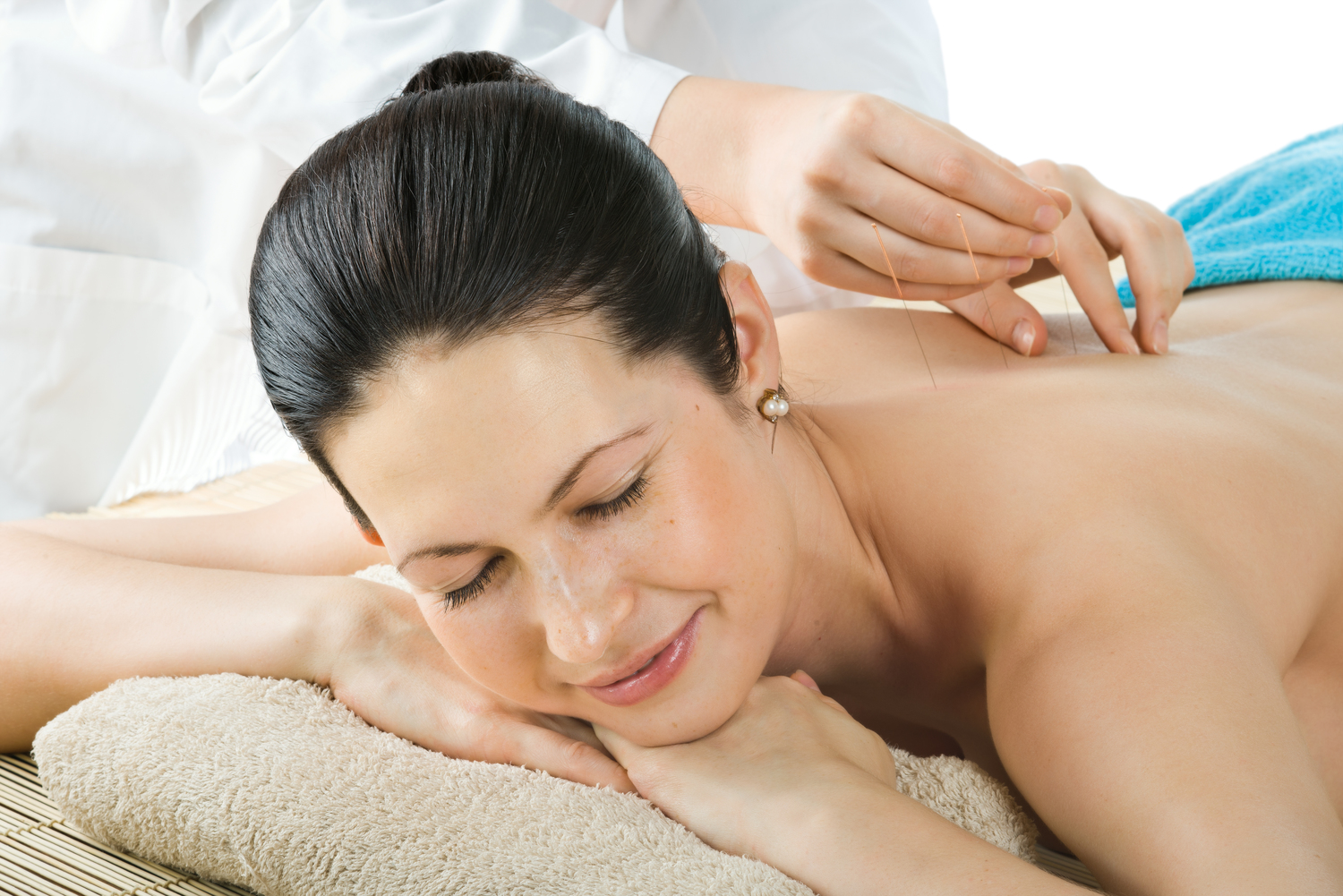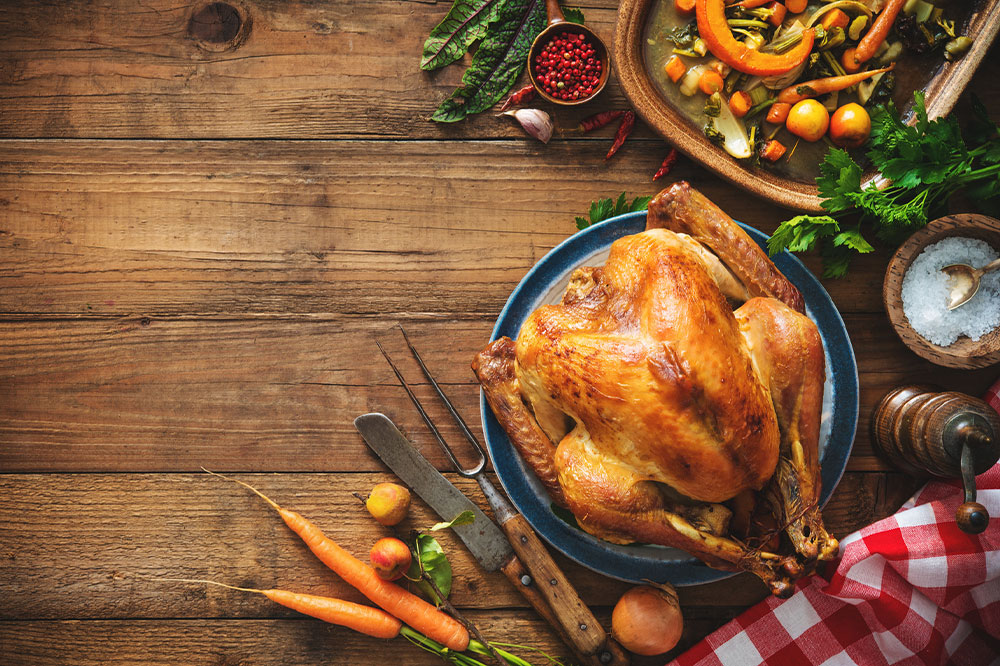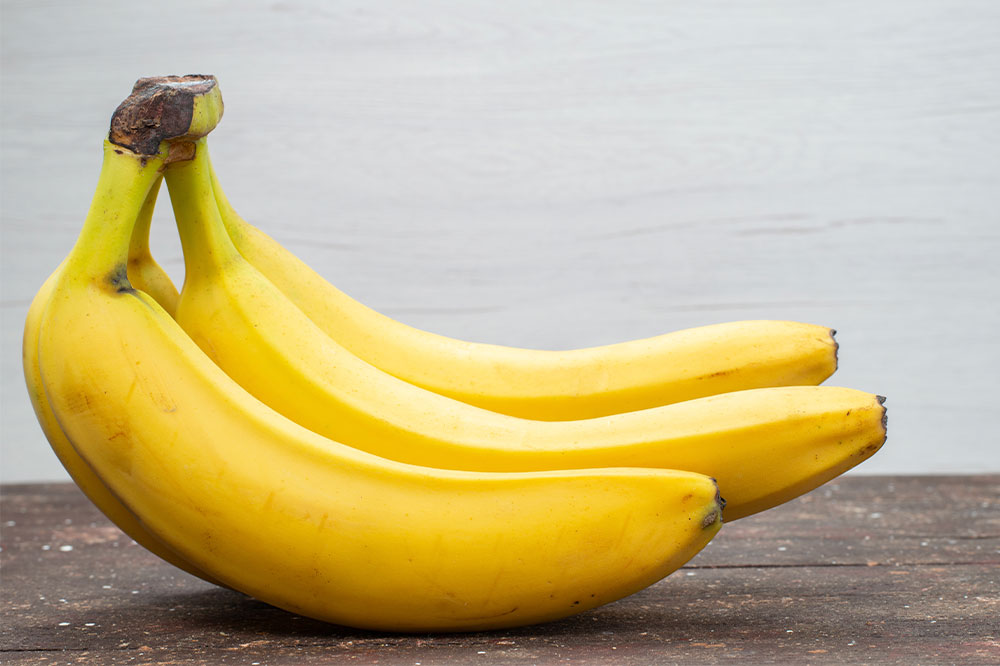Effective Natural Strategies for Managing Overactive Bladder
Discover natural approaches to managing overactive bladder, including dietary adjustments, pelvic exercises, hydration tips, and alternative therapies. These methods can reduce urgency, improve bladder control, and enhance quality of life, especially when combined with healthy lifestyle habits. Learn how to implement these effective strategies for lasting relief.
Sponsored

Overactive bladder conditions are frequent among aging individuals and women during pregnancy or postpartum periods. Symptoms such as urgent urination can significantly interfere with daily activities, sleep, and social interactions. Fortunately, multiple natural approaches can help control urinary urgency and improve quality of life. Below are some proven methods to manage overactive bladder symptoms naturally:
Dietary Adjustments Limiting bladder irritants is crucial. Track triggers individually, but common irritants include spicy foods, caffeine, citrus fruits, carbonated beverages, chocolates, and tomato products. Avoiding these can reduce symptoms.
Stay Well-Hydrated Proper hydration is vital; drinking sufficient water prevents bladder irritation caused by dehydration. Aim for about eight glasses daily, and limit fluid intake before bedtime to minimize nighttime awakenings.
Bladder Retraining Gradually extending intervals between bathroom visits can enhance bladder control. Monitoring your habits and adding 10-minute delays over weeks can reduce urgency. Patience is key in this process.
Kegel Exercises Daily pelvic floor muscle workouts strengthen bladder support. Regular practice can lessen urinary urgency and leakage, especially effective in early stages of incontinence.
Maintain a Healthy Body Weight Managing BMI reduces pressure on the bladder and pelvic muscles, helping restore control. Shedding excess pounds can contribute significantly to symptom relief.
Alternative Therapies Techniques such as acupuncture and biofeedback have shown promise. Acupuncture involves stimulating specific points with fine needles, which can decrease urgency. Biofeedback uses sensors to enhance muscle awareness and control.
Herbal and Nutritional Supplements Certain herbs like Gosha-jinki-gan, ganoderma mushroom, and corn silk are used traditionally to ease symptoms. Pumpkin seeds and capsicum (chili pepper extract) may also support bladder health. Additionally, ensuring adequate vitamin D and magnesium levels aids muscle function and reduces symptoms.
Physical Therapy Guided exercises with a pelvic floor specialist improve muscle strength and coordination, offering long-term symptom relief. Maintaining bowel health through fiber-rich diets and regular activity prevents constipation, which can exacerbate bladder issues.
Living with overactive bladder can be challenging, but natural remedies like these can offer substantial relief and improve daily well-being.






